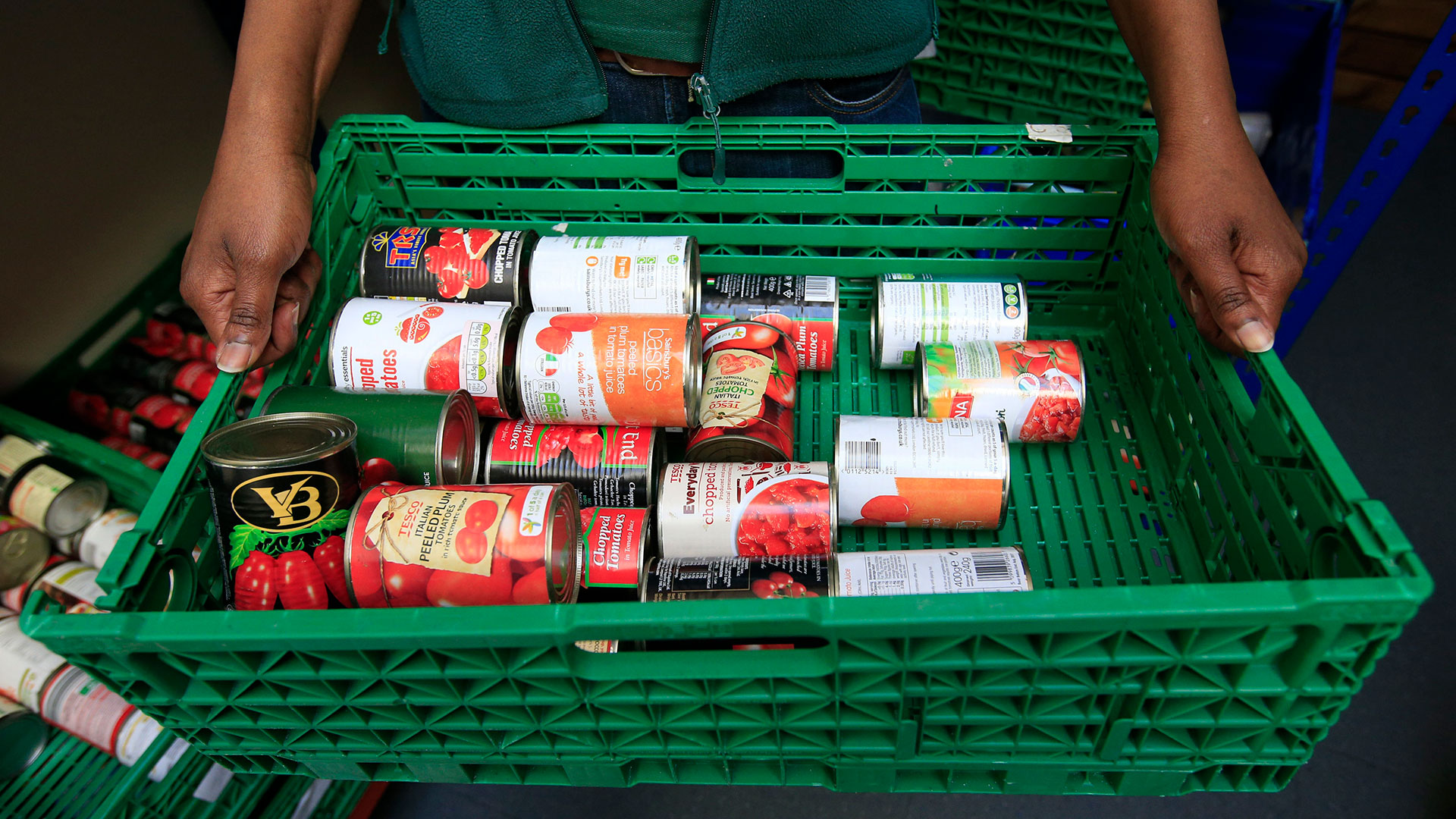“Now is the time to focus on what’s causing people to fall into and become trapped in poverty and to address the policies driving foodbank use in the first place. The Chancellor’s concessions are welcome but they do not go anywhere near far enough to tackle the desperate crisis that is unfolding.”
In an economic update earlier this week, Chancellor Rishi Sunak announced a series of measures to restart the economy including giving people up to £10 off per head if they eat out in August. He also announced a strategy to tackle long-term youth unemployment and protect hospitality and tourism jobs, but refused calls to extend the job retention scheme, with furloughed workers at risk of losing their jobs and income when the scheme ends in October.
Campaigners have been united prior to and during the crisis about welfare system reforms that are necessary to curb the rise of food poverty: an end to the five-week wait for Universal Credit payments, making advances on those payments non-repayable and ending the benefit cap, while many also call for direct cash payments to those in need rather than food voucher schemes.
Food aid workers are concerned that, despite the lifting of some lockdown measures, the number of people reliant on them to eat will only continue to grow as the economic impact of Covid-19 begins to be felt fully in the coming months.
The rise in those without food in recent months has been stark – the number of food parcels distributed in March was 46 per cent higher than in February, 126 per cent higher in April, and 148 per cent higher in May.
Joyce Leggate of Kirkcaldy Foodbank in Fife said: “April’s increase in demand has not diminished with many households finding themselves relying on the benefit system for the first time. So many households who have been barely coping in the past were plunged into poverty and there is little prospect of employment in the near future as the devastating impact of Covid-19 on the economy is realised.”
Meanwhile the Scottish Human Rights Commission released new analysis demanding the right to food be enshrined in law. Pointing out that the emergency Covid-19 response was a result of communities coming together to meet a need, the organisation called for Scotland’s recovery from the crisis to involve recognising food as a human right.
Commenting on the IFAN figures, Jacquie Alsop of Hereford Food Bank said: “We’ve been seeing unprecedented demand for emergency food parcels over recent months. But we’re also very aware of the immeasurable numbers of people who don’t seek our help because they are new to poverty and are perhaps ashamed to ask for support or can’t access support as a result of their rural location.
“The lack of transport and in some cases no access to internet services isolates those in poverty even further. Food banks have been normalised and are becoming an acceptable part of how those experiencing poverty are supposed to survive. This shouldn’t be the case.”









